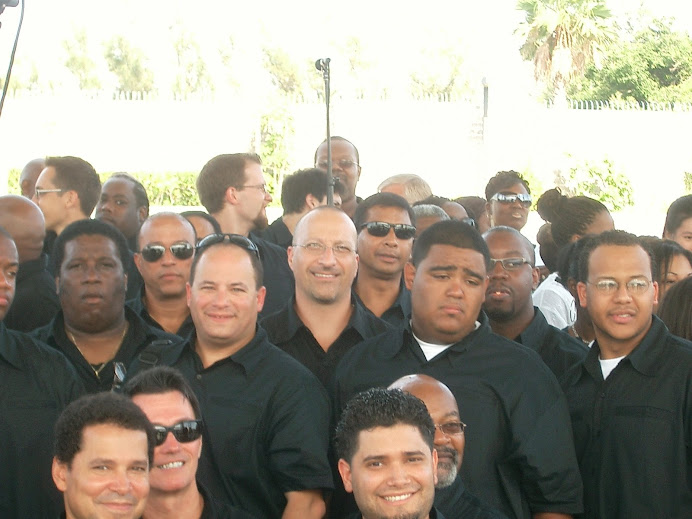To tell the kids that Santa is real or not has long been a dilemma for parents, especially true Christian parents. Santa is part of the culture of the world we live in. Stores are geared toward a Santa theme in their decor. From pre-school to high school Santa is seen in the decorations, plays, in "Secret Santa," and "Kris Kringle," gift giving celebrations. Some parents leave out Christmas cookies and milk for Santa on Christmas Eve. Some dress up as Santa delivering gifts. You can see Santa at the mall starting Thanksgiving Day. You can see him at every department store ringing a bell. How can that be? Can he be everywhere at that same time? Even the myths concerning Santa juxtapose that somehow Santa shares some attributes of God to see everything, know everything we do, judge us as good or bad, and be at so many places at once. There are so many things about carrying on these myths that are so damaging to children.
The foremost thing is that when children find out that Santa does not exist after so many years of indoctrination by their parents that trust is destroyed. The child is in disbelief. What they believe about Santa was all a lie all that time and Mom and Dad were the ones who said it was all true. It is statistically proven that children who grow up believing in Santa and then find it's not true have more difficulty in life believing their parents when they insist something is true. Children who grow up knowing Santa is not real fair much better in trusting their parents. Children who grow up believing Santa is real and find out he is not, deal with unintended humiliation at the hands of their parents. They feel like a sucker played out through their parents. There's an immediate traumatic scar that helps build a defensive wall around their heart and emotions. In severe cases some children have needed counseling to work through trust issues with their parents and the humiliation they felt at the instance they found out the truth. Think of how humiliated a child might be who finds out Santa does not exist from kids at school who ridicule the child for believing in Santa. That's a tough situation for the child. Peers gain more respect of their words than parents. Should they trust peers or their parents? This is a tough dilemma for the child. What else can their parents be telling them that isn't true? Even if the parents are telling the truth about everything else, the damage is done. Peers now have a stronger hold than parents do/will. The pattern is set.
Statistics don't lie. New York Magazine (February 2008) recently had an article in which showed that when children lie, they are copying what they see their parents do. The study showed that the number source of where children learn to lie is from their parents! A study was done by Family Central (July 2007) on parents lying to their children. 67% of parents surveyed said they lied to their children growing up. Out of the 67% who lied, 52% of those children had trust and relationship issues. 9% of those children had juvenile criminal records. Be careful parents. The values you model before your children are the ones they will adopt.
Am I being overly dramatic? That depends on your perception of truth and how much you value truth. Deuteronomy 4 is very descriptive in commanding us to teach our children God's truths. Proverbs 11:15 tells us, "the godly are directed by honesty (New Living Translation)." Psalm 26:3 intimates that followers of Jesus Christ are to live according to God's truth.
Believe it or not, it can all start with Santa as innocent as that myth may seem.
Truth is everything. "Be careful little ears what you hear. Be careful little eyes what you see."
Have a blessed Christmas everyone.






